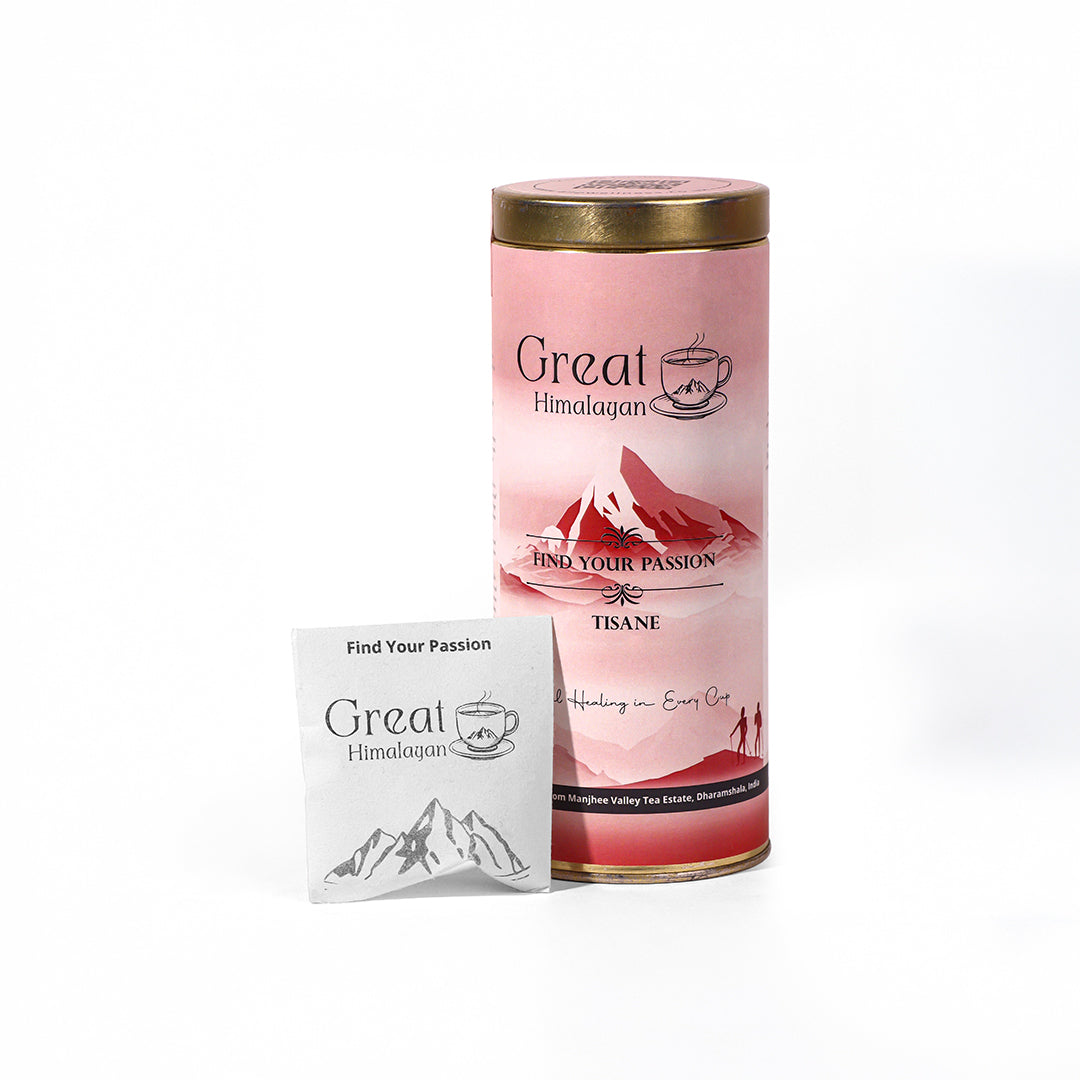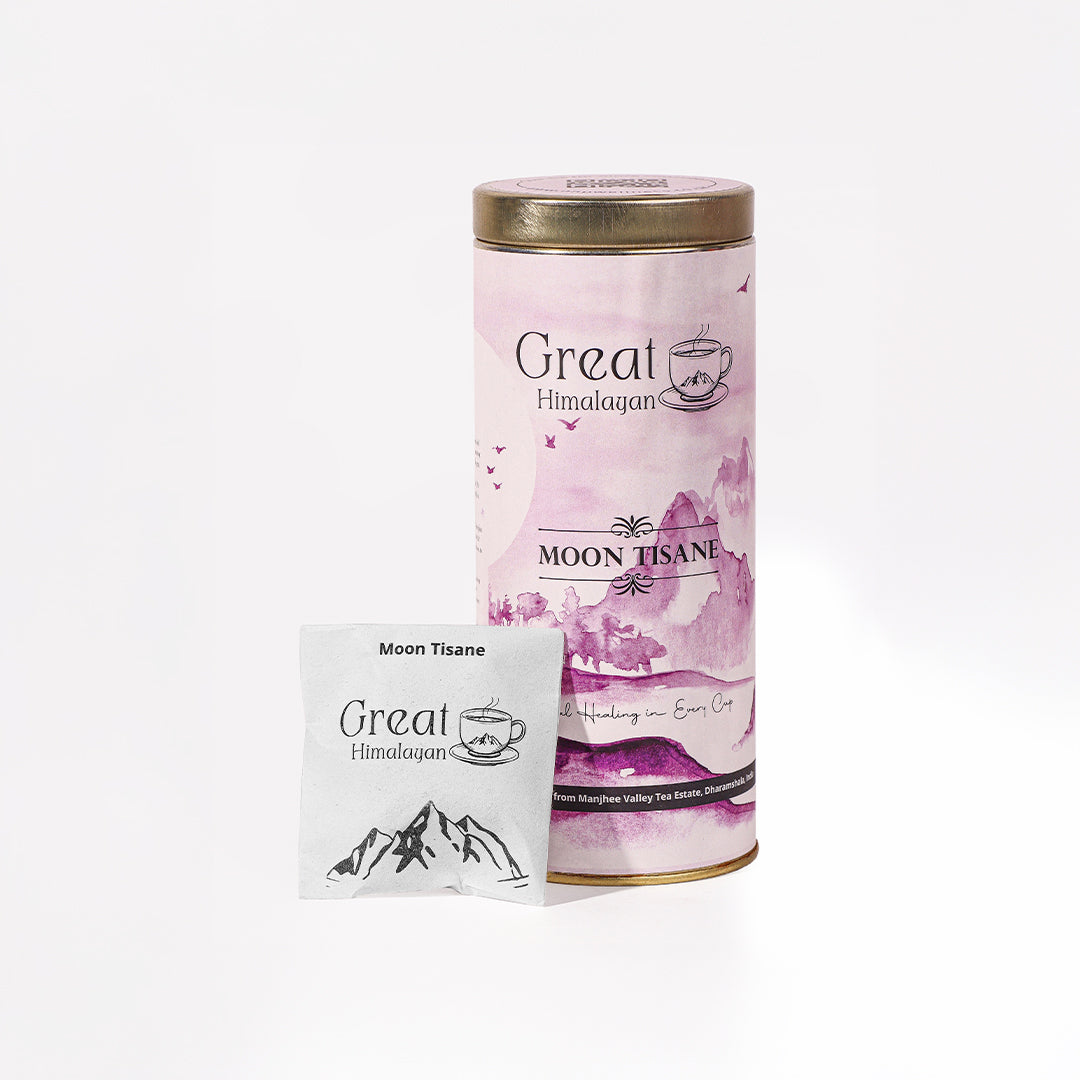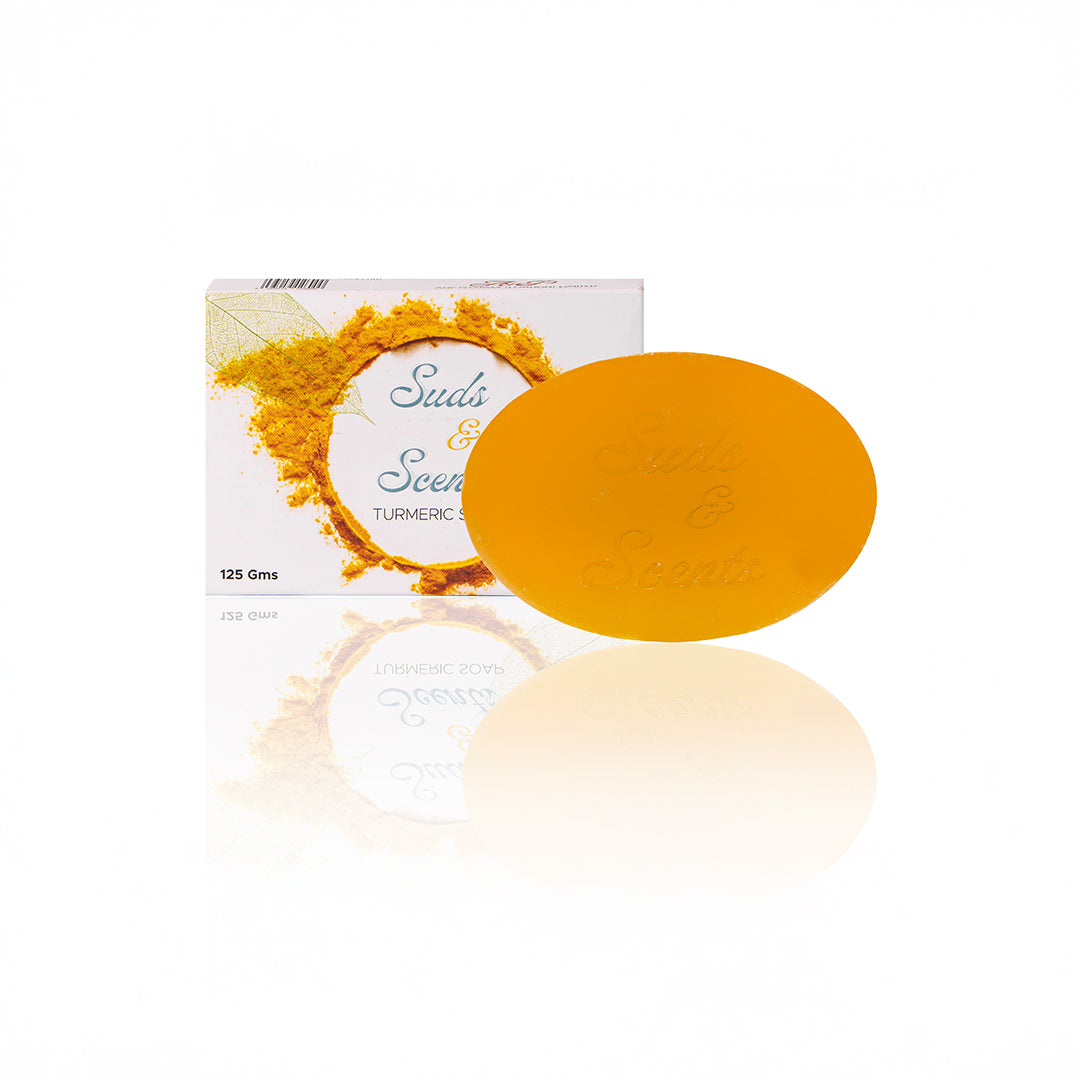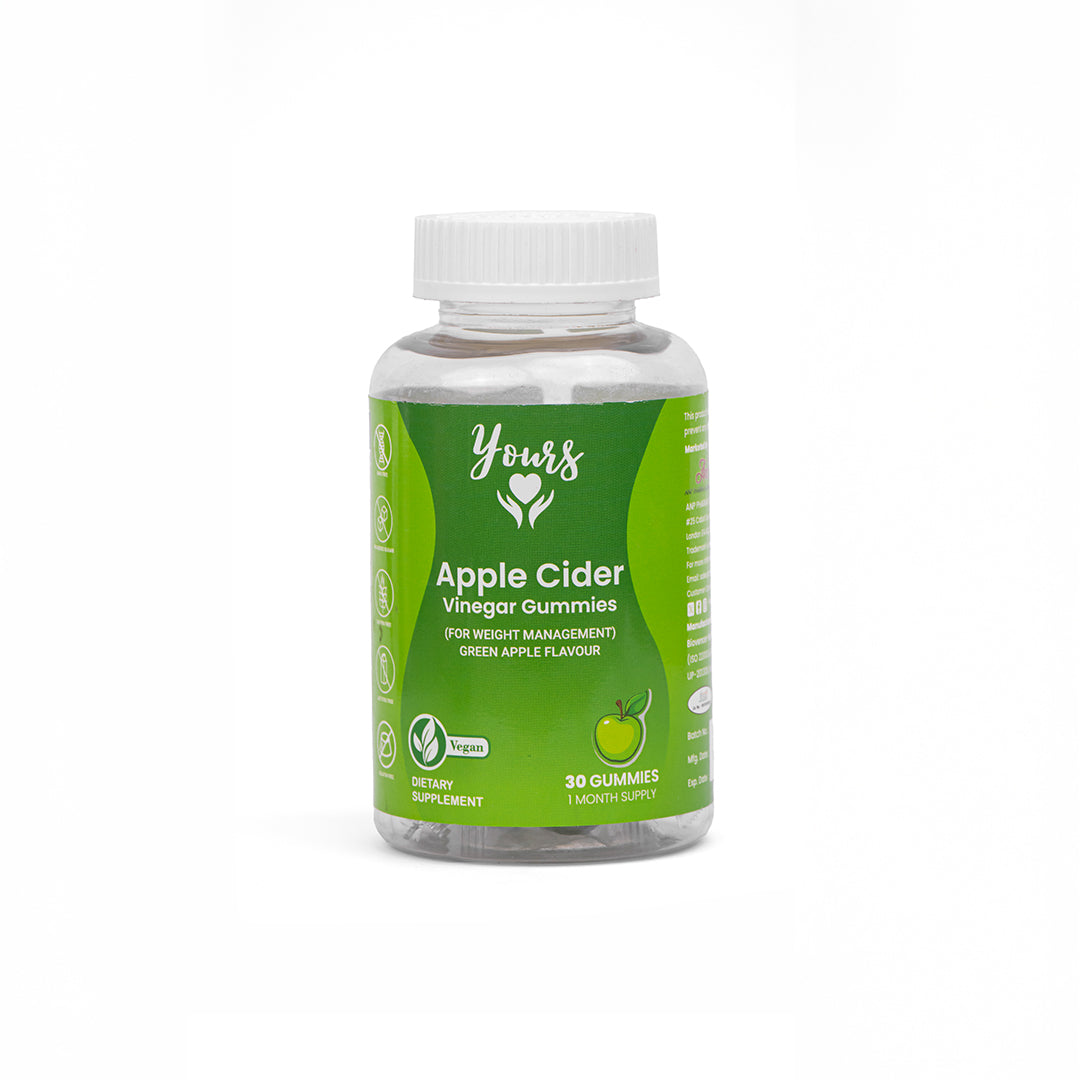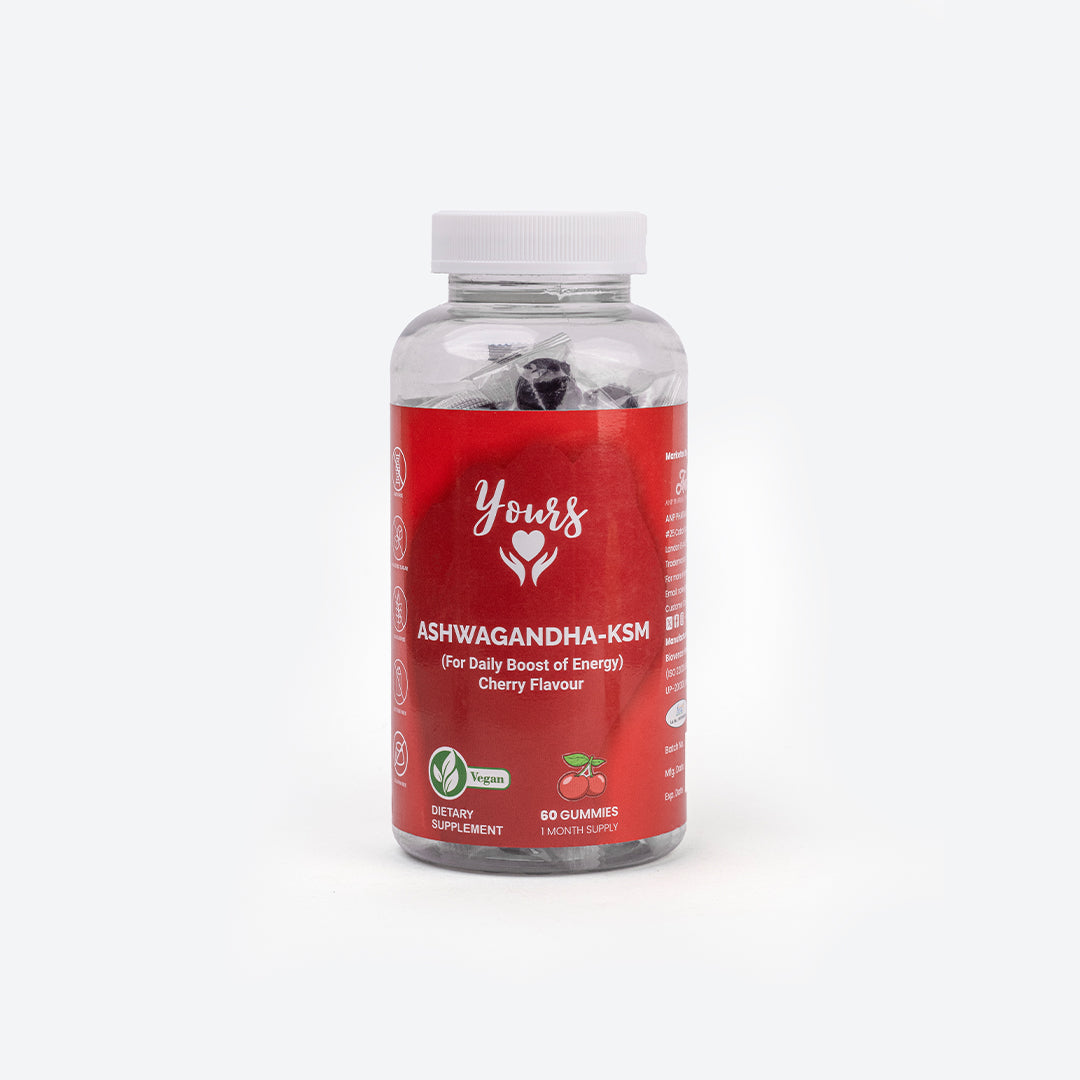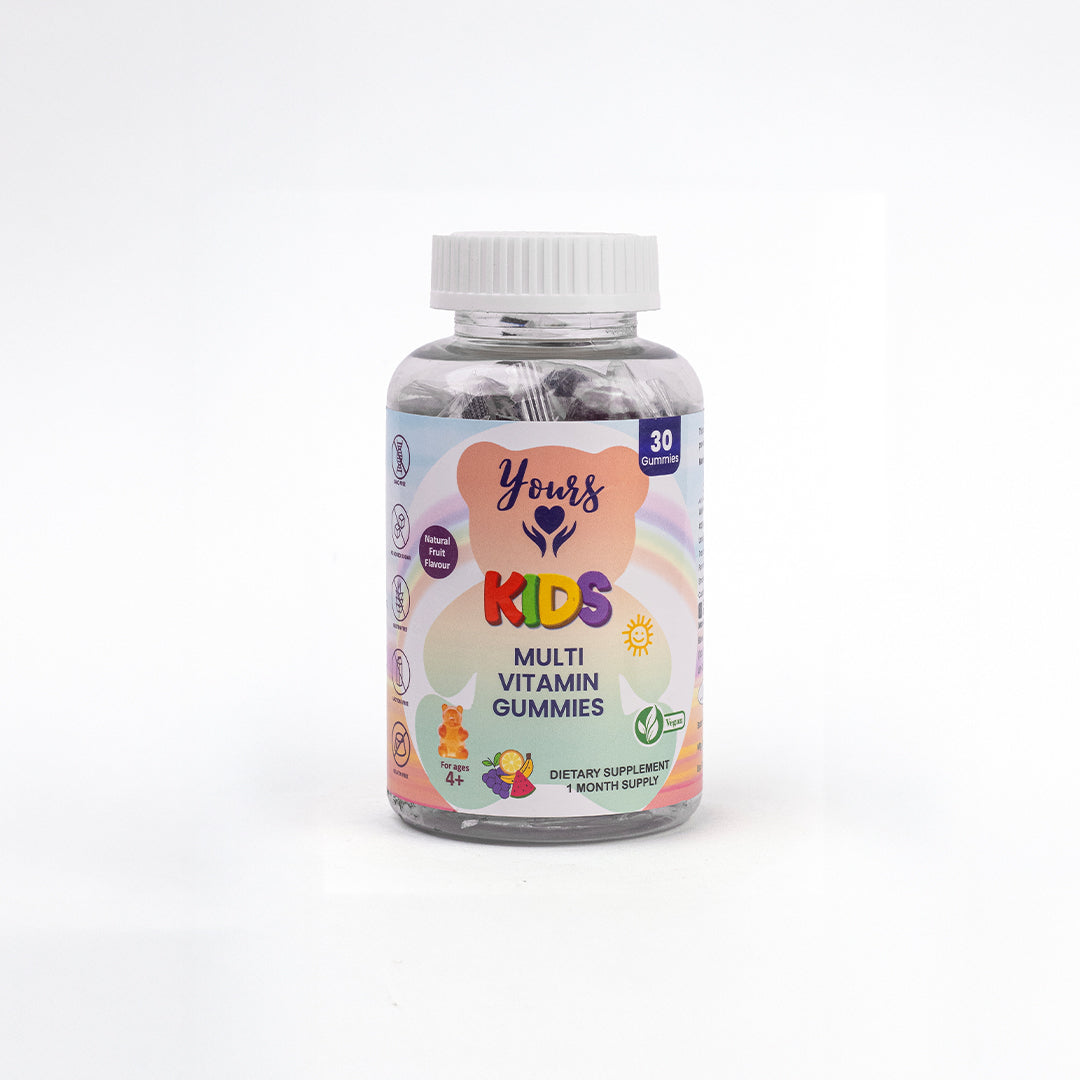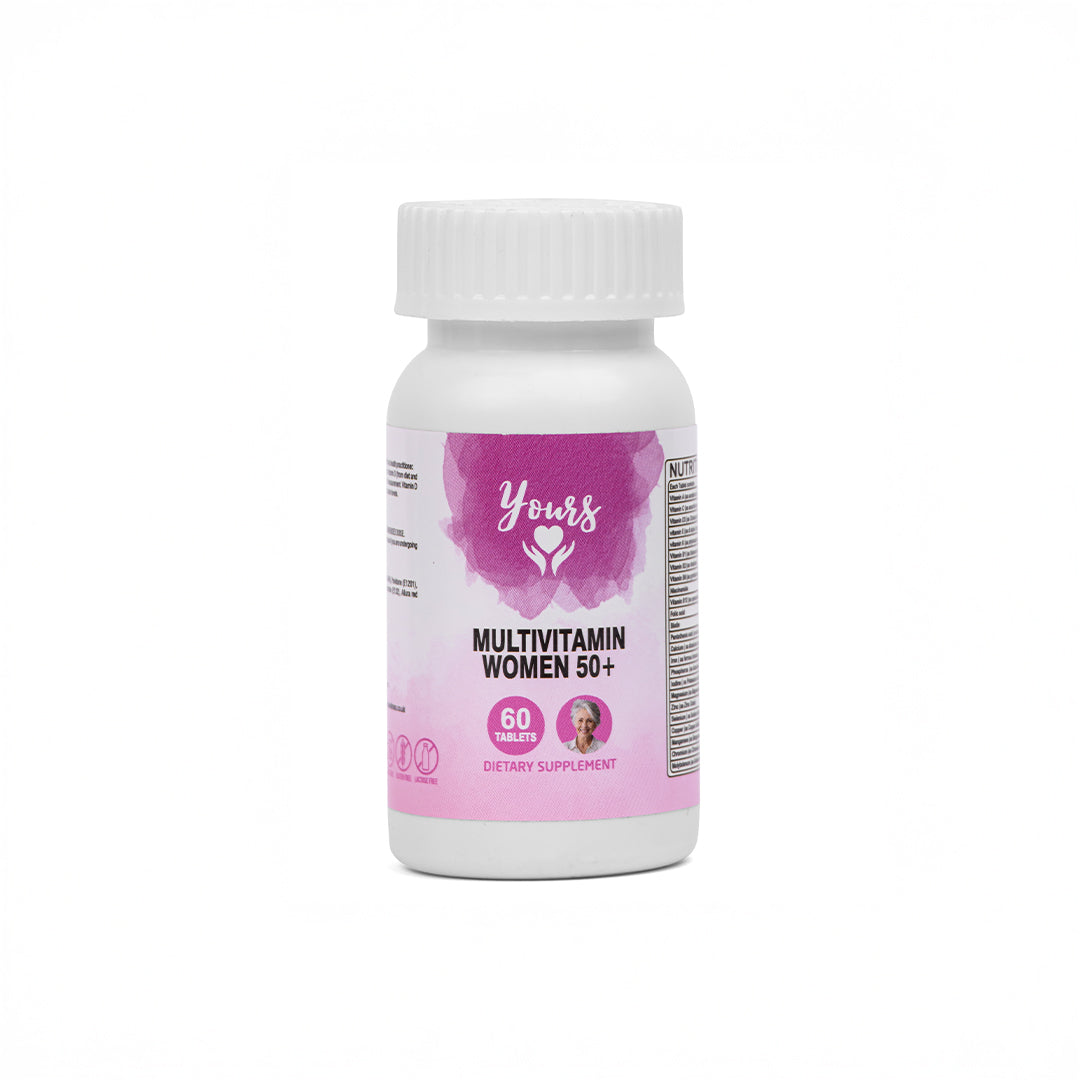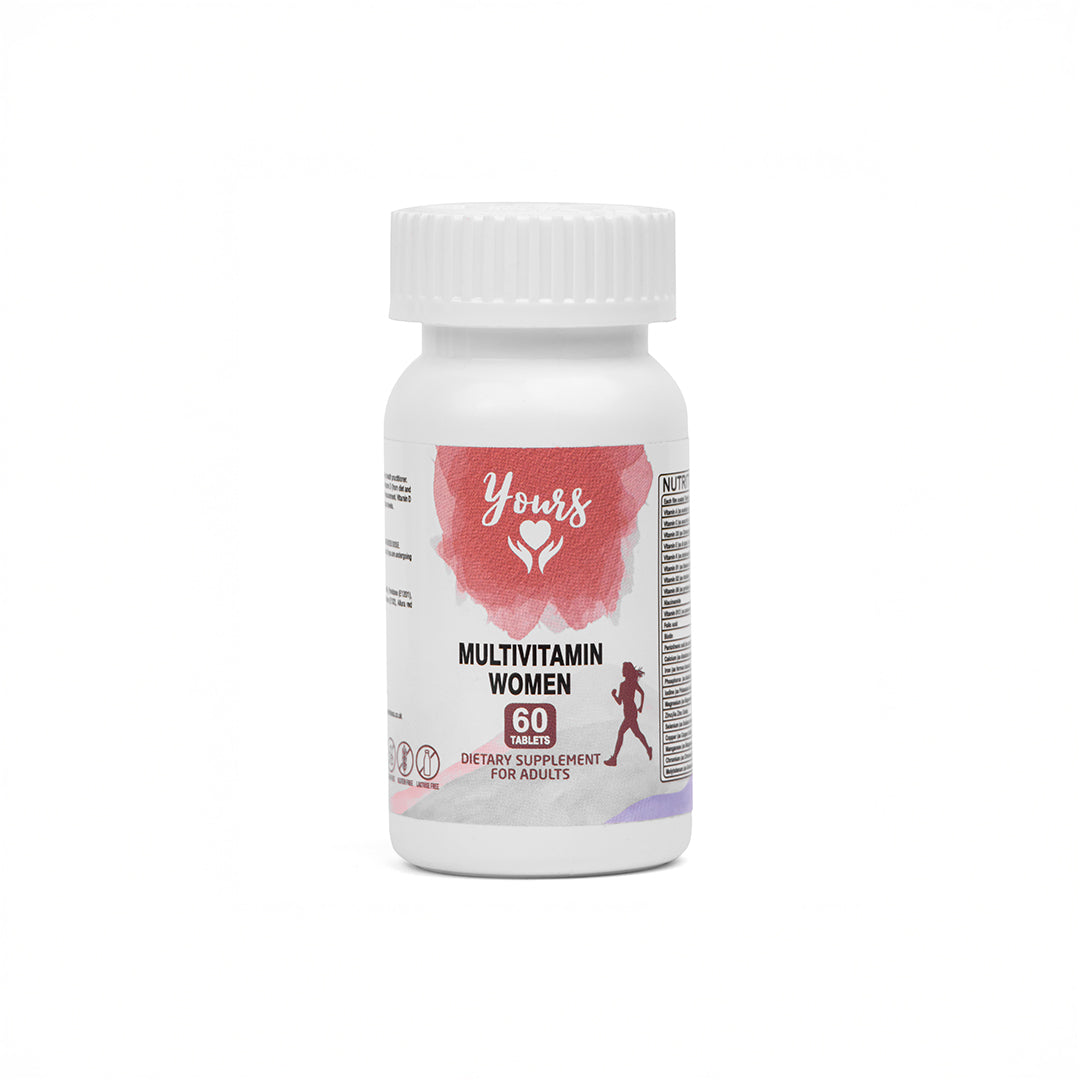Trying to stick the right nutrients into kids every day can feel like a never-ending endurance battle for many parents. With picky eating habits, sparse school schedules, and limited food preferences, well-balanced diets don’t always make the cut. That’s where supplements come in — and to be more specific, kids’ gummies are now the stars of the UK’s child nutrition scene.
But as vibrant and enjoyable as they may appear, one essential question remains: are gummy vitamins just as good for you and safe to consume compared with tablets? This debate — kids’ gummies versus tablets — isn’t just a matter of personal taste. The issue is absorption, the amount of sugar in the body, and its impact on long-term health.
The UK's parents now have an increasing number of options to choose from, both on- and off-shelves, leaving them questioning whether to stick to old-fashioned chewable tablets or invest in modern fruit-flavoured gummies. There is, and knowing which to serve involves understanding the differences between these two forms — not only in appearance and flavor but also in their abilities to properly nourish a growing child’s body.
Children’s Nutrition and the Era of Gummies
Children’s diets have changed rapidly over the past 10 years. With the increasing media attention on high rates of vitamin D deficiency, low immunity, and poor diet quality in children, more parents are giving their kids supplements to make up for the gaps. Recent NHS data actually shows that a lot of kids in the UK don’t get what they need from their nutrition, including an ideal amount of vitamins A, C, and D.
That rising anxiety has fueled a booming market for kids’ vitamins in the UK, particularly those that are gummy. Since then, gummy supplements that were once novelty items have become a mainstream solution. Their delicious flavors and chewy texture made them more palatable for children to dole out day in and day out, a daily goal many parents found hard to achieve with traditional pills or chalky tablets.
From Medicine to Treat: Gummies Changed the Game
The great thing about kids' gummies UK is that they are a treat, and this product has been specifically formulated so your kids will take them, rather than having to force them down. And this invention turned what is often seen as a chore into a fun, reward-like ritual.
But while this has increased the compliance rate significantly, it’s also created concerns about sugar consumption, overconsumption, and whether these deliciously soft vitamins provide the same benefits as standard chewable tablets for kids. The gummies craze is the latest example of marketing pushing the notion that pills are pearls to swine, when just one more vitamin a day could make every man a king.
Gummies: Why UK Parents Are Turning to Them Over Tablets
Step into any pharmacy or online wellness store in the UK, and you will find shelves packed with bright, fruit-shaped gummy vitamins targeted at kids. The lure is plain — the fun shapes, the sweet taste, and less resistance in daily routines. But more than convenience, parents are finding a few reasons to make the switch.
Taste and Texture Encourage Consistency
Children just tend to gravitate toward sweet and/or chewy over chalky or bitter tablets. Even the most well-designed multivitamin tablet can be difficult to swallow, especially for toddlers or young grade-school children. Gummies eliminate that by making your supplements feel like something fun (which helps ensure you stick with it).
From a parent’s point of view, this compliance is all that matters. A vitamin only works if you take it consistently, and kids’ gummies eliminate the daily fight.
Lesser Choking Hazard for Smaller Kids
For parents with young kids, and especially children under 6, safety is a focus. Gummy vitamins are an easy alternative to swallowing pills, helping prevent potential choking. They’re soft, chewy, and easily digestible — perfect for those smaller mouths and growing throats.
This is one of the reasons why gummies or liquid vitamins are often suggested for young age groups, especially those who are just getting used to supplements.
Contemporary Branding Clean Label Appeal
Modern-day, health-conscious parents are also here for the contemporary, clear branding associated with the top kids’ gummy vitamin brands in the UK. A number now actively tout their clean-label credentials — low sugar, no artificial flavours, vegan or gelatin-free properties, and GMP-certified manufacturing.
This trifecta of convenience, enjoyment, and trust has transformed gummies into a go-to for millennial parents who desire purposefulness in packaging. Yet not all gummies are created equal, and what’s inside them as much as how they taste is important to know.
How Gummies and Tablets Work
When it comes to kids’ gummies vs tablets, the distinction is more than just a matter of looks or taste. What really counts is how those two supplement forms deliver nutrients to a child’s body — how well they’re absorbed, how the ingredients are preserved, and whether or not your kid will take them consistently.
Put simply, gummies prioritize convenience and fun over precision and strength. Both have their merit, but the mechanics of how they function ruin or revive the magic.
Absorption and Nutrient Delivery
After you consume them, gummies as well as tablets are digested in the gastrointestinal tract by dissolving and releasing vitamins and minerals for absorption into the bloodstream. But the speed and effectiveness of this transition may vary.
Tablets frequently have higher concentrations of nutrients and are compressed together with heat and pressure, which can slow their dissolution in the digestive systems of young children. Now this does have a downside; ingestion isn't guaranteed, and sometimes, the tablet cannot be absorbed at all (particularly if it’s too big or possessed of poor formulary).
Gummies, on the other hand, are formed with water and gelatin (or pectin in vegan types), making a more gradual release of nutrients that’s easier on your system. The great-tasting, natural cherry flavor in this multivitamin is so good you may worry your child will want to take too many.
That said, gummies tend to have fewer active nutrients per serving than tablets, which means that while they are easier to digest, you sometimes get less bang for your buck.
Taste and Compliance in Children
Taste is a big factor in the success of a supplement. They are made into chewable gummies that look a lot like candy, with basic fruit flavors and all-natural coloring. This makes children far more likely to swallow them daily without fuss.
On the other hand, tablets — even flavored or chewable ones — can leave a chalky taste in your mouth or smell medicinal, both of which are likely to deter consistent use. For many parents, a supplement that is palatable — if it has to be slightly less nutrient-dense, so be it.
In the end, the best supplement is one that a child will actually swallow regularly — and this is where gummies excel.
Ingredient Concentration and Stability
As far as concentration goes, that will feel stronger in a tablet because they can pack more vitamins and minerals in there at exact measurements. Their dense composition prevents nutrients from being oxidized and heated, which shortens their life span.
Gummies, however, have physical limits. Because of their moisture levels and texture, it’s more difficult to hide mega doses of certain nutrients (like iron or calcium). There are certain vitamins that will degrade more quickly in gummy form if they’ve been exposed to heat or humidity.
To make up for it, a lot of premium brands — including ANP Wellness Kids’ Gummies — use encapsulation technology in order to maintain specific vitamin stability and full potency over the life of the product.
Pros and Cons: Kids’ Gummies vs Tablets
This showdown (gummies vs. tablets) is not about which pill format is simply “better,” it’s about which one works best for your child. Both forms have their own pros and cons. For parents trying to decide between them, here’s what to know.
Safety and Dosage Control
Gummies are easier to bite into and less likely to be a choking hazard for children who lack a full set of teeth. But the sweet taste can tempt children into thinking they are candy, and increase the risk of overconsumption. Parents have to keep them safe and control the dosage.
Tablets are less tempting than shaped liquids to overeat, but they can be difficult to swallow and pose choking hazards, particularly for kids under the age of six. The dose per tablet tends to be higher and more concentrated, so these can work well for older children.
Sugar Content and Dental Health
Gummies may contain added sugar or sweeteners for flavor. While the smaller quantities might not sound worrisome, using them every day could lead to tooth decay — especially if kids don’t brush sufficiently after drinking the beverage.
But now brands like ANP Wellness have made sugar-free kids’ gummies that are created with natural fruit extracts and plant-sourced sweeteners such as stevia, allowing parents to indulge children’s (and their own) cravings without causing damage.
Tablets, on the other hand, are typically sugar-free and do not cause damage to your teeth. But their lack of sweetness makes it more difficult to convince young children to take them without a struggle.
Nutrient Retention and Shelf Life
Stay for your health: Tablets have an obvious advantage in nutrient stability. Their condensed and dessicated form keeps sensitive vitamins, such as B12 or folate, from being degraded by light and heat abuse.
Gummies are soft and full of moisture, so they have a shorter shelf life, and the destruction of nutrients during storage is more likely with gummies. That’s why it’s important to buy fresh gummies made in the UK from trusted manufacturers — this will help retain their potency from manufacturing right through to your digestive system.
Texture, Convenience, and Overall Experience
They’re fun to take, they taste great, and kids love them — 3- to 10-year-olds especially. It’s easier to think of them as a treat than medicine. For older kids or teenagers who need a stronger dosage and a greater variety of nutrients, tablets are still useful.
The bottom line? Both deliver — but gummies put convenience and fun first, while tablets emphasize concentration and durability. For the vast majority of younger children, gummies are the product that best meets safety, nutrition, and compliance.
Do Gummy Vitamins Work as Well as Tablets?
“Effective” is usually the game changer when talking about kids' gummies vs tablets. While there’s no doubt gummies have been a hit with parents and kids thanks to their fun flavour options and ease of use, the question remains - do they offer the same nutritional punch as traditional tablets? This is not so cut and dried, and does vary with its quality of formulation, precise dose, and manufacturing standards.
Nutrient Content and Potency
Tablets, in general, have more vitamins and minerals. And because they’re compressed solids, you can pack more nutrients into your gut without the taste or texture issue. For instance, a tablet may contain the total recommended daily dose of some key nutrients such as vitamin D, calcium, or iron, which are not easy to shoehorn into a gummy due to space issues and flavour preferences.
Gummies, meanwhile, tend to come in little doses of nutrients. Their soft, chewable base (usually gelatin or pectin) restricts how much active ingredient they can contain; beyond a certain point, the texture or flavor becomes less acceptable. This is because a child may have to consume two or more gummies each day in order to make up for the nutritional composition of just one tablet.
However, even when well formulated and taken in line with recommendations, high-quality gummies can still provide similar health benefits. With the likes of ANP Wellness taking your nutrients stabilisation techniques, and bioavailable forms of vitamins (which essentially means that your child’s body will more effectively absorb and use them, even at lower doses), it makes sense to opt for less as well.
Absorption and Bioavailability
The great thing about gummies is that they get absorbed better. As they are easily dissolved both in the mouth and in the stomach, vitamins are absorbed to a much greater extent than tablets, which need to be completely broken down in the entire digestive tract.
This can be especially useful for children who have slower digestion or are having trouble absorbing nutrients because of dietary sensitivities. Gentle and Effective for Everyday Use. Gummies are soft and flavorful, so you’ll look forward to taking them every day. The gradual release of the nutrients in gummies means that the benefit doesn’t wear off during the course of the day.
Absorption rates, however, can vary significantly depending on product quality. Inexpensive gummies made with artificial additives or low-quality ingredients can taste good, but won’t have much health appeal.
The Role of Consistency
“For any supplement, gummy or tablet form, its effectiveness ultimately comes down to consistency,” Dr. Li said. If it’s a struggle getting them to take their tablet once per week, what you’re feeding your little gotta-get-it-in kids won’t matter.” Gummies make taking supplements fun and provide better long-term compliance.
Which is why, for many UK parents — at least in this country, I think all of our kids are cold and damp most of the time anyway — the marginally weaker potency of kids’ gummies is more than offset by their greater likelihood to actually be used. Taken regularly, they promote healthy growth, immunity, and energy.
What Pediatricians and Nutritionists Say
In the UK, health professionals agree that both gummies and tablets can help to support children’s nutrition — if they meet a certain level of quality. The trick is to opt for brands you can trust, and turn away from supplements that place taste above safety or efficacy.
Balanced Perspective from Pediatricians
Gummy vitamins are specifically helpful for kids who have difficulty swallowing or are sensitive to textures, according to UK paediatricians. Its delicious taste ensures that vital vitamins like D, B12, and C are invariably replenished, despite the easiest efforts to cause one of these to be deficient.
But doctors caution against treating gummies like candy, as well. Overindulging in these products can also result in too much intake of fat-soluble vitamins (such as A and D), which the body will store. Parents are advised to watch the dosing and keep gummies out of the reach of children.
Paediatricians also stressed sugar-free gummies. Traditional gummy vitamins can have up to 3-5g of sugar per serving, which also adds up over time for those who enjoy them every day, and has been shown in some studies to contribute to dental health issues.” Low-sugar or sweetened with natural flavors alternatives, like ANP Wellness Kids’ Gummies, let you avoid all that while still keeping it delicious.
Nutritionists on Nutrient Absorption
Nutritionists frequently note that bioavailability — how well the body can absorb nutrients — matters as much or more than dosage. They add that a lot of children’s tablets contain synthetic and unnatural ingredients, which the body is not able to absorb as easily.
Well-formulated gummies with natural, plant-based nutrients and supportive ingredients (such as prebiotics or fruit extracts), however, can work to optimize nutrient uptake. Especially when vitamins A, C, and E are joined by natural antioxidants from fruit to boost absorption — and overall potency.
Kids’ gummies have made daily nutrition more pleasant for parents and kids alike, but they also come with some serious concerns. The biggest risks with gummies have to do with what’s added to make them attractive — and how simple it is for kids to treat them like candy. Important Notes You Need to Know about Safety. To really make an informed decision on kids’ gummies vs tablets, it is necessary to understand these safety considerations.
Hidden Sugars and Sweeteners
A number of commercial gummy vitamin products are made with additional sugars (glucose syrup, sucrose) and/or artificial sweeteners to make them more palatable. And while a single serving size might sound small, daily use can add up if given to children who are already consuming sugary snacks or drinks.
Too much sugar can lead to tooth decay, behavioural problems, and even tummy complaints. Chewy gummies can stick to teeth, allowing bacteria to feast on leftover sugar — a habit dentists frequently caution against.
And so the ingredient list should always be checked by parents. Choose sugar-free kids’ gummies sweetened with naturally occurring options—such as stevia or monk fruit — that offer the same satisfying taste without any of the drawbacks.
Brands such as ANP Wellness have challenged the norm by developing low-sugar, plant-based gummies that are not just effective, but tooth-friendly too.
Artificial Colours and Additives
Some cheap gummies contain artificial colors and flavors in order to make the product more visually appealing. These additives (in particular, synthetic food colors such as Red 40 or Yellow 5) have been associated with hyperactivity and behavioral changes in susceptible children.
To steer clear of these problems, choose gummies coloured with natural fruit or vegetable extracts — like beetroot, turmeric, and carrot juice. The cleaner the label, the better for the safety of the supplement.
Overconsumption Risks
Gummies are also attractive to kids as they resemble and taste like sweets, which is why, if not monitored, children can consume them irresponsibly. AND SYMPTOMS Overdoing fat-soluble vitamins (A, D, E, and K) ingestion over time can lead to toxicity like nausea, headaches, or even liver stress.
Some or all of that can be toxic in kids, said Dr. Kate Eshleman, a Maryland pediatrician and mother of three who now warns against edible vitamin gummies in her practice. Communicating clearly to children what constitutes candy versus vitamins is also important for safety.
Shelf Stability and Storage
Another small consideration is that gummies are more heat- and moisture-sensitive than tablets. Nutrients can break down, and the supplements themselves feel sticky under heat or humidity, but your potency won’t be affected.” Store them in cool, dry locations and keep an eye on expiration dates for continuous effectiveness.
Selecting the Best Supplement for Your Child
There are plenty of options out there for your kid, but choosing the right supplement comes down to taste, safety, and quality. Whether you like chewable tablets or kids’ gummies, there’s a lot to look for — and to avoid on the pill bottle label.
Age-Appropriate Formulations
Children of various ages have varying nutritional requirements. Young children may require smaller amounts of vitamins D and A, and pre-teens could take B-complex, zinc, and calcium for growth spurts that need energy. Be sure to always select supplements designated for your child’s age range — too little or too much of a nutrient can do more harm than good.
Gummies are best for children 3 to 10. Convenient and fun, jelly bear-shaped gummy bag. Assorted fruit flavors provide a delicious taste. The other factor you’ll consider is your child’s age and whether they are capable of swallowing and metabolising higher-dose formulations safely, in which case tablets or capsules would tend to be more effective at giving pre-teens or teenagers the biggest medicinal bang for their buck.
GMP-Certified and Tested for Safety
Children may squeal, but quality control for them is non-negotiable when it comes to their health. Find supplements made in GMP (Good Manufacturing Practice) certified facilities – meaning there are strict hygiene, testing, and consistency guidelines. These certifications ensure that each gummy or tablet has what the label says it does — no more and no less.
Sugar-Free and Clean-Label Options
In the age of sugar and chemical knowledge, parents are now seeking clean-label supplements that utilise natural ingredients with minimal processing. ANP Wellness Kids’ Gummies, for instance, are suitable for vegans, non-GMO, and free from gluten, gelatin, and artificial dyes — so they’re one of the safest options available to UK families!
Read Labels Carefully
Before buying any kids’ vitamins, here’s what to consider:
-
The list of nutrients — how comprehensively does it include important vitamins like A, C, D, and E, as well as B12?
-
The serving size — how many gummies or pills a day?
-
Sweetener source — is it sugar-free or naturally flavoured?
-
The storage condition and expiration date.
But when parents make well-informed choices, they’re not just purchasing a supplement — they’re potentially building the foundation for long-term health and immunity in their child.
ANP Wellness Kids’ Gummies: When Nutrition is Clean, Safe, and Fun
In the ocean of misleading labels and unrealistic promises, ANP Wellness’s Kids’ Gummies emerges as a truly trusted brand that parents can count on. Created with a clear purpose – to make child nutrition easy, safe & science-backed - these gummies are the perfect mix of clean ingredients for kids, tasty child-friendly flavour and clinical-quality formulation.
Created for UK parents who value peace of mind and kids who crave flavour, ANP Wellness gummies deliver the ideal combination of fun and function.
Sugar-Free Formula with Essential Vitamins
While traditional gummies use cheap syrup and sugar, ANP Wellness Kids’ Gummies are made with Natural fruit flavours, giving you the treat you deserve. RDA Check: Each serving provides an excellent source of the following nutrients:
-
For bone & immune system health, try Vitamin D3.
-
Vitamin C maintains healthy skin and aids tissue repair.
-
Vitamin B12 for energy and attentiveness.
-
Selenium for brain and immune function.
-
Folic acid and iron (in some formulas) to support the production of healthy red blood cells.
This combination offers a well-rounded source of nourishment for growing children — minus the sugar spikes or dental risks associated with many mainstream brands.
Created with Immunity, Focus, and Growth in Mind
Children's growth is extremely rapid, and good nutrition for them is a necessity. The exclusive ANP Wellness Kids’ Gummies formula takes into consideration the three pillars of child health:
-
Immunity: Vitamins C, D, and zinc help to support the immune system so your kids can be more resilient year-round.
-
Focused Mind: B12 and folate help with concentration and memory — essential for school performance.
-
Healthy Development: Iron and vitamin D promote strong bones, with steady energy levels and proper cell function.
-
Each nutrient is carefully chosen for adequate levels intended specifically to meet the needs of your age.
UK-Made, GMP-Certified, and Parent-Approved
Each ANP Wellness product is produced in Good Manufacturing Practice-approved facilities in the UK for assured quality and potency. Every product is tested for harmful substances, nutrient levels, and stability — all of which surpass the highest standards set for children’s nutritional supplements.
And this dedication to transparency and safety has won the trust of parents and nutritionists everywhere. With products that are vegan-friendly, gluten-free, and non-GMO, the brand has something few other competitors can claim: nutrition you can feel great about giving every single day.
The Allure of Food: Health Is Fun
Beyond science and safety, ANP Wellness gets the emotional side of parenting — that daily push to make your child do something that’s good for them without turning into a battle of wills. That is why its gummies are made fun to eat, easy to chew, and delicious, turning something that once was a hassle into a treat you will enjoy taking every day.
If health feels rewarding rather than forced, consistency follows — and well-being is where consistency starts.
Conclusion: A Balanced Approach to Children’s Devices
For kids, gummies vs tablets, it really is not one-size-fits-all, though. Each form has unique benefits, and which one is best for you will depend on your child’s age, what they prefer to eat, and their specific nutritional requirements.
For the very young, gummies frequently win for safety, taste, and convenience. They’ve made supplementation stress-free and fun — making sure kids get the nutrients their growing bodies need. But it’s important to select brands that are transparent, sugar-free, and clinically formulated, not just candy in disguise.
Tablets, meanwhile, still have their place for older children and teenagers who need higher doses or more complicated formulas. They’re more shelf-stable, usually higher potency and sugar-free and additive-free — but also less palatable for picky eaters.
In reality, either option can be fantastic as long as you make the right choice. And the actual secret is about quality and consistency. With a reliable, UK-manufactured, GMP-certified brand such as ANP Wellness, you can be safe in the knowledge that what you are giving to your child is really benefiting their growth/energy for children.
It doesn’t need to be a battle for healthy eating — it should be a pleasure. And when you do so with ANP Wellness, it can be safe and delicious as well.
FAQs: Kids’ Gummies vs Tablets
Gummy vitamins vs. kids’ tablets: Which is better?
Yes, if they’re from reputable brands. That’s not even the best part: ANP Wellness Kids’ Gummies are formulated with bioavailable nutrients, resulting in nutrients that were assimilated effectively in lower doses. But inexpensive gummies loaded with sugar or subpar ingredients may not be worth it.
Is it safe to take gummy vitamins every day?
Yes, if they are sugar-free, age-appropriate, and GMP certified. Never consume them in more than prescribed quantities and keep them out of the reach of small children to avoid overdosing.
Can gummy vitamins cause cavities?
Some gummies with added sugar can do, but ANP Wellness Gummies are made using natural sweeteners that taste great AND help to maintain healthy teeth - and don't cause cavities.
At what age should kids switch from gummies to tablets?
Most children can chew them tolerably well at a safe age between 10 and 12 years old. Gummies are best for young kids ages 3 to 10.
How do ANP Wellness Kids’ Gummies compare to other UK brands?
ANP Wellness is one of the cleanest formulations around – sugar-free, vegan, non-GMO, and UK-made. Its scientific nutrition makes it the number one proposition for parents concerned with health and safety.


